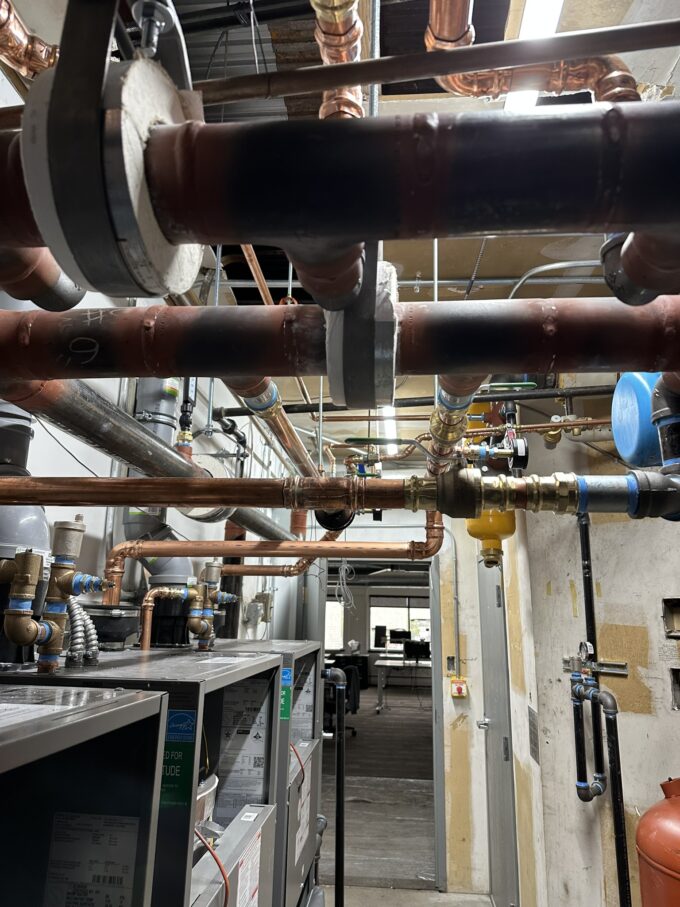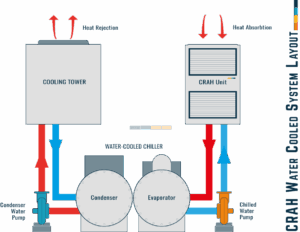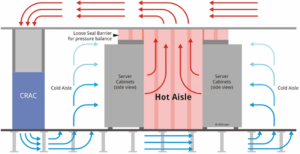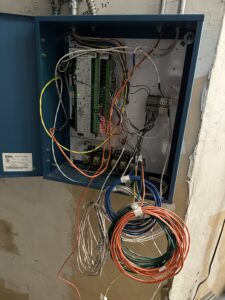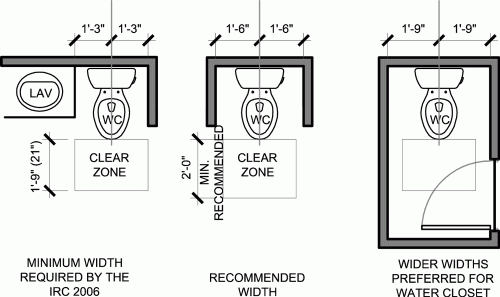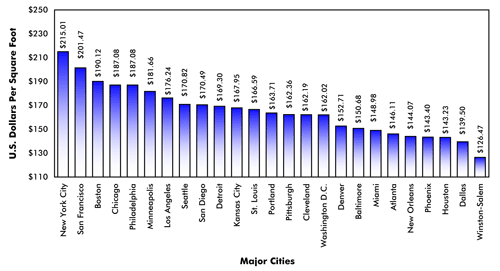Understanding Chemical Cleaning in Commercial Hydronic Boiler Systems
Hydronic boiler systems need clean water to run efficiently. Over time, debris and scale can build up inside the piping and heat exchangers. A chemical clean helps remove these deposits and restore the system’s performance.
Why Chemical Cleaning Matters
Mineral scale, sludge, and rust reduce heat transfer and flow. These contaminants cause pumps to work harder and energy costs to rise. Chemical cleaning removes buildup and keeps the system running smoothly. It also prevents future corrosion and extends equipment life.
When to Perform a Chemical Clean
You should perform a chemical clean during several key moments.
-
When commissioning a new system, to remove oil and construction debris.
-
After major repairs or retrofits, to clear residue or scale.
-
As corrective maintenance, when flow rates drop or heat output declines.
-
Following a boiler or pump failure, to flush contamination from the loop.
The Chemical Cleaning Process
Chemical cleaning follows a clear, step-by-step procedure.
1. Pre-Flush the System
Technicians drain the system and flush it with clean water. This step removes loose debris before adding chemicals.
2. Circulate the Cleaning Solution
A chemical mixture circulates through the system for several hours. The solution dissolves scale, rust, and sludge. Common agents include citric acid, sulfamic acid, and chelating compounds. Corrosion inhibitors protect metal surfaces during cleaning.
3. Neutralize and Rinse
Once deposits are removed, technicians drain and neutralize the chemical solution. The system is flushed with clean water until pH and conductivity return to normal.
4. Add Corrosion Inhibitors
Finally, a corrosion inhibitor or glycol mix protects the clean metal surfaces. This step is essential for long-term system protection.
Types of Chemicals Used
Different chemicals target different contaminants.
-
Acidic cleaners remove calcium and mineral scale.
-
Alkaline cleaners remove grease and organic residue.
-
Chelating agents bind metals for safe removal.
-
Corrosion inhibitors protect metals from damage during and after cleaning.
Each chemical must match the system materials and manufacturer recommendations.
Safety and Environmental Care
Technicians handle cleaning agents with care and follow all safety data sheets. Neutralized waste must be disposed of under local environmental regulations. Sensitive parts like expansion tanks or sensors are often isolated to avoid damage. Safety always comes first.
Industry Standards
Reputable firms follow industry standards during cleaning. Key references include:
-
ASHRAE Guideline 12 – Prevents microbial contamination in water systems.
-
BSRIA BG29 – Covers pre-commission cleaning procedures.
-
CIBSE Commissioning Code W – Provides guidance on water system commissioning.
Manufacturers like Cleaver-Brooks and Lochinvar also offer specific cleaning instructions to protect equipment warranties.
The Bottom Line
A chemical clean is not just maintenance—it’s a performance investment. Clean hydronic systems deliver better heat, lower energy costs, and fewer breakdowns. Regular chemical cleaning keeps commercial boiler systems reliable, efficient, and long-lasting.

